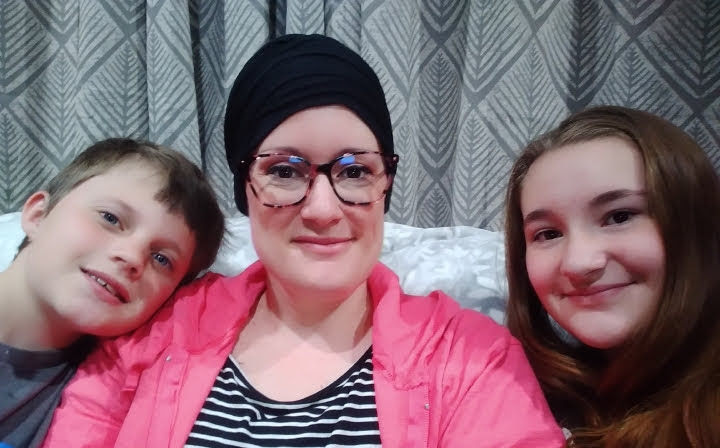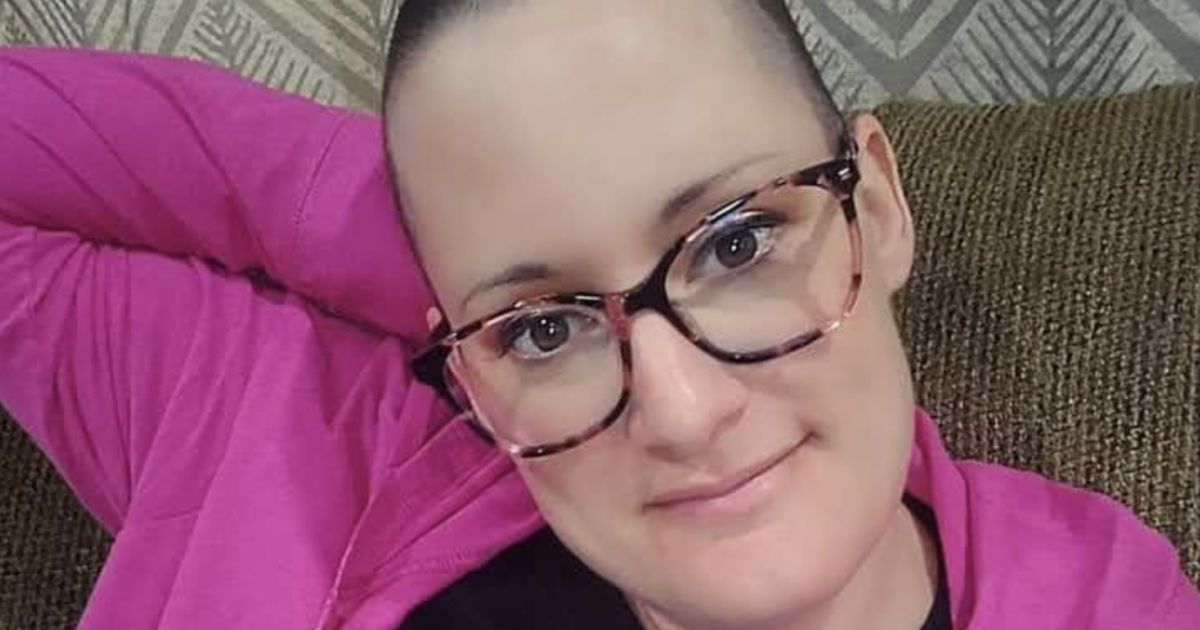Steps to Take After an Unexpected Diagnosis
- A mom of two, 39, was diagnosed with breast cancer when she was getting an MRI for a completely unrelated reason: emergency gallbladder surgery.
- After the MRI spotted a mass, Kate Leyder learned that she had cancer and a BRCA2 mutation, which affected her recommended treatment approach.
- Hearing you have cancer is shocking for anyone and it’s normal to go through a range of emotions, from fear to anger to grief, after getting the news.
- Experts recommend being kind to yourself and learning as much about your disease as possible by asking questions and seeking multiple opinions if needed.
“I had a follow-up mammogram, an ultrasound and biopsy, and learned my one mass was actually two masses and both were malignant (cancerous). I have stage 2, grade 3 invasive ductal carcinoma with metastasis to surrounding lymph nodes. I also learned I have a bonus BRCA2 gene mutation,” Leyder wrote in a column for the Susan G. Komen Foundation.
Read More
What Is a BRCA mutation?
Inherited mutations in the BRCA1 or BRCA2 genes can increase the risk of female breast and ovarian cancers, and have also been associated with increased risks for several other cancers. A woman who has breast or ovarian cancer and a mutation in the BRCA gene may be advised to take a different treatment approach than those who do not have a mutation. “A BRCA mutation is a defect in your ability to repair a double strand break,” Dr. Rebecca Arend, Associate Scientist at the University of Alabama, Birmingham, explained to SurvivorNet in a previous conversation.Dr. Rebecca Arend explains how a BRCA mutation increases cancer risk.
Because of her mutation, Leyder’s surgeon recommended that she have a bilateral mastectomy or a double mastectomy surgery to remove both breasts because the BRCA2 mutation increases the risk of a new, primary breast cancer and other cancers. She decided to take her doctor’s advice and have the surgery. Now, she’s undergoing chemotherapy.
“I still have a long road ahead of me. Once I finish chemo infusions, I will have 4-6 weeks of radiation, a complete hysterectomy and breast reconstruction. I also have a whole list of yearly preventive testing I have to get done because of the BRCA2 gene mutation,” she wrote.
After the shock diagnosis, Leyder has some sound advice for those dealing with a diagnosis that came completely out of left field. In addition to “fight like hell” and “when cancer kicks you, kick back,” the survivor also suggests climbing one mountain at a time.
“Right now, I'm climbing Mount Chemo and that's all I'm focused on.”
How to Deal With a Shock Diagnosis
Hearing you have cancer is shocking for anyone. Experts recommend being kind to yourself after getting a diagnosis and avoiding any temptation to blame yourself for the disease. Oncologists we’ve spoken to have also stressed the importance of learning about your disease and not being afraid to ask questions or seek out second opinions.
“I think it’s really important for them to be able to hear it multiple times, to take notes,” Dr. Heather Yeo, a colorectal cancer surgeon at Weill Cornell Medicine, said about the diagnosis conversation with patients. “Oftentimes, if a patient doesn’t have a family member with them, I’ll offer to call their family member afterwards because you can hear something from your surgeon and not remember all the details.”
Dr. Heather Yeo explains the steps she advises patients to take after a cancer diagnosis.
Dr. Yeo added, “I support second opinions. I actually think it’s really important. I mean, if you think about it in life, how do you choose someone to cut your hair? You get an opinion, right? You usually don’t just go in and sit down with the first person you see on the street and say, cut my hair. You ask around and you try … If a patient has any questions, I support second opinions 100%.”
Leyder agrees that you should give yourself the time you need to process what’s happening.
“Climb one mountain at a time. Try not to focus on the whole picture or it will defeat you,” she said, offering her advice to others.
She also suggested leaning on family and friends, and finding support groups, to help you through the journey.
“The only way I am getting through this is with my family and friends and my faith in God,” she wrote. “My family has been my biggest support. My mom has taken care of me from the start as caregiver, therapist, personal chef., etc. My parents taking care of me during treatment allowed my husband to continue working and caring fo our two kids. Every high and low, he's been there. Nothing tests a marriage like cancer, but it's made us stronger.”
And of course, she says, “Fight like hell and don’t give up.”
Learn more about SurvivorNet's rigorous medical review process.


